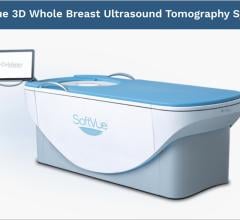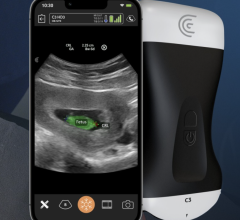
April 30, 2014 — Qlik announced that a group of five breast cancer screening units in the Saxon region of Germany are using QlikView to provide a consolidated view of all their relevant data and support faster and easier data analysis.
Previously, the analysis of regional mammography data was restricted to a handful of metrics set by the Federal Mantelvertrag parameters. In an effort to provide more detailed data analysis, physicians in the region wanted additional distributed data storage in the screening units and independent access to all data collected. To meet these needs, the Screening Unit of Central Saxony Chemnitz-Erzgebirge worked with Qlik partner Transact GmbH to develop the “MaSc View” application, powered by QlikView Business Discovery.
The “MaSc View” solution takes data from multiple sources and consolidates it to allow for various measurements and analytics. The application provides detailed insights on technical recording and analysis parameters, diagnostic quality and documentation, diagnostic evaluation, treatment, findings of the pathologists, accounting data, reports on quality assurance to health insurance companies, and reports on technical discussions. “MaSc View” also enables timely evaluation in the screening units and improves the management of process quality.
The solution anonymously merges data collected in the screening process into a common database and allows users to compare it with big data resources from the regional cancer registries. The application includes data on a collection of cases, including information on the intervals and incidences of cancer, and interfaces with PACS (picture archiving and communications systems) as well as "Mammobil,” a mobile mammography unit. Other data that can be accessed by “MaSc View” includes centrally reported statistics from the cancer registry system.
"Since the start of our early detection program in Saxony in 2007, 510,840 women have participated in 1,027,415 examinations [as of November 2013],” said Klaus Hamm, M.D., a member of the association of program managers-physicians in Saxony. “As a result, our patients can have a gentler treatment, and our efforts have helped us reduce the proportion of mastectomies to 12 percent. This is a first great success of our detection program and helps improve the quality of life of the women affected. In quality management and process control, the QlikView-based ‘MaSc View’ application enables quick and effective data analyses.”
“When it comes to early detection of illness, access to data can make all the difference,” said Ellen Derrico, director of global market development for life sciences and healthcare at Qlik. “The insights from the data will affect the population at large.”
For more information: www.qlik.com


 July 29, 2024
July 29, 2024 








